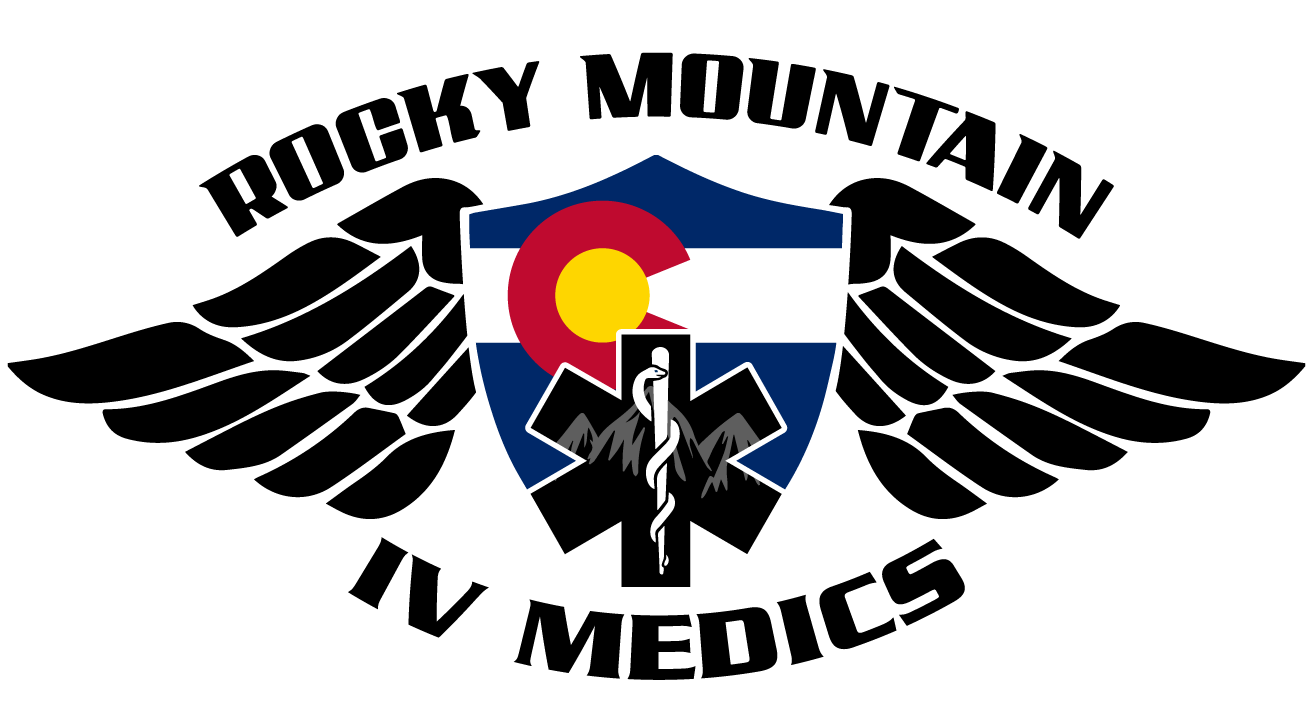IV Therapy for IBS: Hydration & Nutrient Support

Eat Your Water: The Best Hydrating Foods to Beat Dehydration
January 25, 2022
Magnesium Infusion: Easing Depression & Anxiety Symptoms
February 28, 2022IV Therapy for IBS: Hydration & Nutrient Support

Irritable bowel syndrome (IBS) isn’t just uncomfortable. It’s a chronic condition that can be detrimental to your normal life and health.
Because of that, people with IBS need to find the right treatments that will help manage the condition, such as taking medication or avoiding certain trigger foods. But many people also find IV therapy a valuable IBS treatment that can help restore some normalcy and comfort to their daily life.
What Is IBS?
Irritable bowel syndrome is a condition of the large intestine that can wreak havoc on the entire gastrointestinal tract, causing issues ranging from nausea to diarrhea.
IBS can occur out of the blue because you cannot always pinpoint one specific cause. However, some causes include:
- Irregular intestinal contractions that eliminate waste from the body.
- A poorly functioning nervous system.
- Infection that changes the gut microbiome.
- A family history of IBS.
This condition can also be exacerbated by stress and food allergies or intolerances. With many possible factors at work and various symptoms, you may have to undergo several medical tests to come to an IBS diagnosis. You’ll also want to rule out other problems such as colon cancer or celiac disease. These tests can include colonoscopy, CT scan, upper endoscopy, fecal tests, lactose intolerance tests, or an X-ray.
Your physician will also want to know how often you experience discomfort and how long the problem has been going on. Your type of IBS may be based on whether you experience diarrhea, constipation, or both.
You’ll know it’s time to make a doctor’s appointment if you notice the signs of potential IBS.
Symptoms of IBS
The following signs are hard to miss. They include:
- Stomach issues that occur when you have a bowel movement. This can be cramping, bloating, or pain.
- A change in the frequency of bowel movements or to the appearance of your stool.
- Gas, above and beyond what you normally experience.
- Mucus in a bowel movement.
- Feelings of depression or anxiety.
Some people suffer more advanced symptoms of IBS. Make a doctor’s appointment immediately if you begin experiencing these issues:
- Vomiting
- Bleeding during bowel movements
- Weight loss or anemia
- Pain that doesn’t go away
If you’ve been diagnosed with IBS, your healthcare provider will discuss possible steps you can take to manage the condition and ease symptoms.
Remedies for IBS
On a positive note, you have several options for alleviating symptoms. IBS treatment may be customized, depending on your specific triggers or suspected causes. The severity of your symptoms will also be a deciding factor. Your treatment plan may consist of several different measures to best control your IBS.
Lifestyle Changes
- Diet modifications: This can include eating more foods high in fiber, eliminating trigger foods, and drinking more water. You can also try avoiding gluten or a type of carbohydrate called FODMAP (fermentable oligosaccharides, disaccharides, monosaccharides, and polyols).
- Improved sleep habits: Sleep boosts health in many ways, and it can also help manage IBS issues. Aim for seven to nine hours a night if possible, and try to stick to regular times for sleeping and waking.
- Stress relaxation: Stress can be an IBS trigger, but your busy life may prevent you from eliminating all stress from your life. Instead, manage stress with relaxation techniques such as meditation, tai chi, or deep breathing exercises. If the stress stems from a larger mental health condition, or if IBS makes you feel anxious or depressed, it may be worth going to a therapist for treatment.
- Supplements: You may give your revamped dietary habits a boost with supplements that add fiber or work as a laxative. These should be used only after consulting with your doctor.
Medications
- Diarrhea medication: Over-the-counter or prescription drugs may be recommended if you are suffering from diarrhea as one of your IBS symptoms.
- Antidepressants: Selective serotonin reuptake inhibitors (SSRIs) or tricyclic antidepressants not only target symptoms of depression, but they may also ease IBS pain too.
- Pain medication: You can try reducing bloating or gas with prescription drugs such as gabapentin.
- IBS medication: There are several prescription drugs that directly address IBS, including alosetron, eluxadoline, and lubiprostone. However, many of these medications have significant side effects or are only recommended for patients who meet certain criteria, so they aren’t for everyone.
You may also want to consider IV therapy treatment for IBS. It can offer vital support and help with symptom relief.
How IV Therapy Treatment Helps with Irritable Bowel Syndrome
IV therapy offers many benefits as an IBS treatment:
- Reduces queasiness (especially with anti-nausea medication added to the drip IV bag).
- Prevents potential nutrient loss if vitamins and minerals can’t be properly absorbed by the body.
- Acts faster than oral medications or supplements because IV fluids are infused into the bloodstream for maximum absorption.
- Avoids stomach pain and irritation because IV fluids don’t pass through the digestive system.
- Helps lift mood and supply energy for enhanced overall wellness.
- Eases pain associated with constipation.
- Supplies crucial fluid replenishment if diarrhea or vomiting causes dehydration.
Rocky Mountain IV Medics offers a variety of IV therapy packages designed for symptom relief, including IBS treatment. All of our treatments can be customized with add-ins that target your symptoms so you get the best results. What’s more, we come to your home, office, or hotel room with mobile service that puts your comfort and convenience first. Don’t let IBS control your life–incorporate IV therapy into your management plan to help you feel better.
Book Your IV Therapy Today
An NAD+ IV from Rocky Mountain IV Medics is one of the best ways to treat IBS at home. We have service areas throughout Colorado, plus affordable prices and VIP deals. To find anxiety symptom relief, contact us or schedule your IV therapy online.


